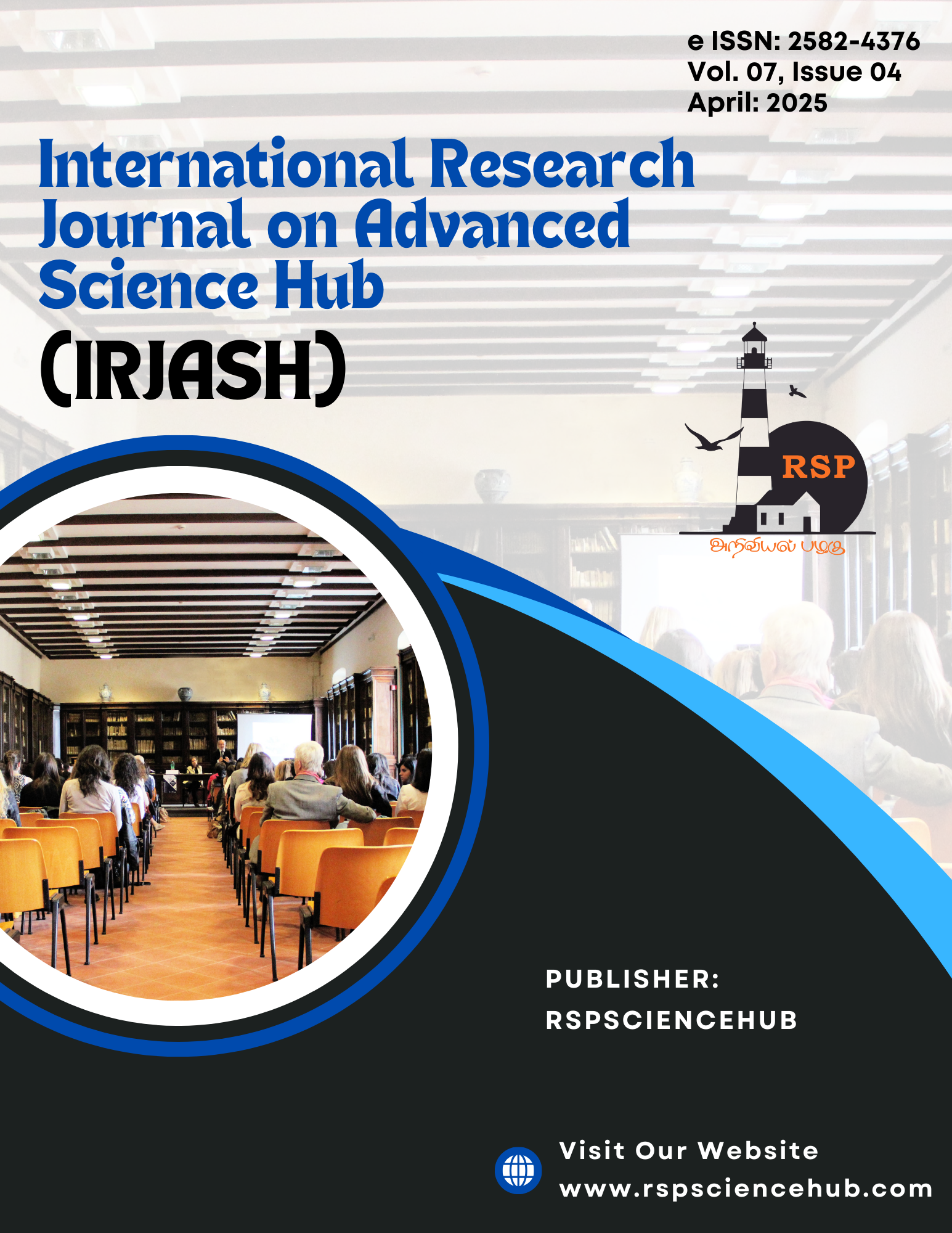SynatiFit AI: A Comprehensive Machine Learning Framework for Personalized Fitness Recommendations
DOI:
https://doi.org/10.47392/IRJASH.2025.046Keywords:
Reinforcement Learning, Predictive Analysis, Personalized Recommendations, Genetic Algorithm, Artificial IntelligenceAbstract
The need for personalized health solutions is increasing, and the fitness recommendation systems are mandatory to optimizing workout plans. This paper discusses a system providing personalized fitness recommendations based on Reinforcement Learning (RL), Long Short-Term Memory (LSTM) networks, Genetic Algorithms (GA), and Artificial Neural Networks (ANN). Such AI techniques would ensure real-time workout adjustments, future performance predictions, and optimization of fitness routine. Reinforcement Learning provides an adaptive workout planner and optimizes the user recommendations based upon user feedback that improves long-term health and fitness outcomes. LSTM Networks inherit time-series data such as past performance in workouts and are able to predict trends in fitness for the future and therefore offer training modifications ahead of time. Genetic Algorithms operate in selecting and mutating workout parameters so that the plans can dynamically evolve with constant adaptation. ANN improves testing patterns and mapping cause-effect relationships that make workouts more efficient. The evaluation is carried out on the architecture against applicable baselines and therefore shows the ability of the developed prototype to create adaptive fitness recommendations. The work demonstrates how many AI techniques combat the limitations of traditional fitness systems, such as lack of real-time adaptability and long-term optimization. The system produces a more intelligent approach in workout personalization through data to enhance the efficiency and satisfaction derived from fitness programs regarding a specific and dynamic approach to fitness planning.
Downloads
Published
Issue
Section
License

This work is licensed under a Creative Commons Attribution-NonCommercial 4.0 International License.





